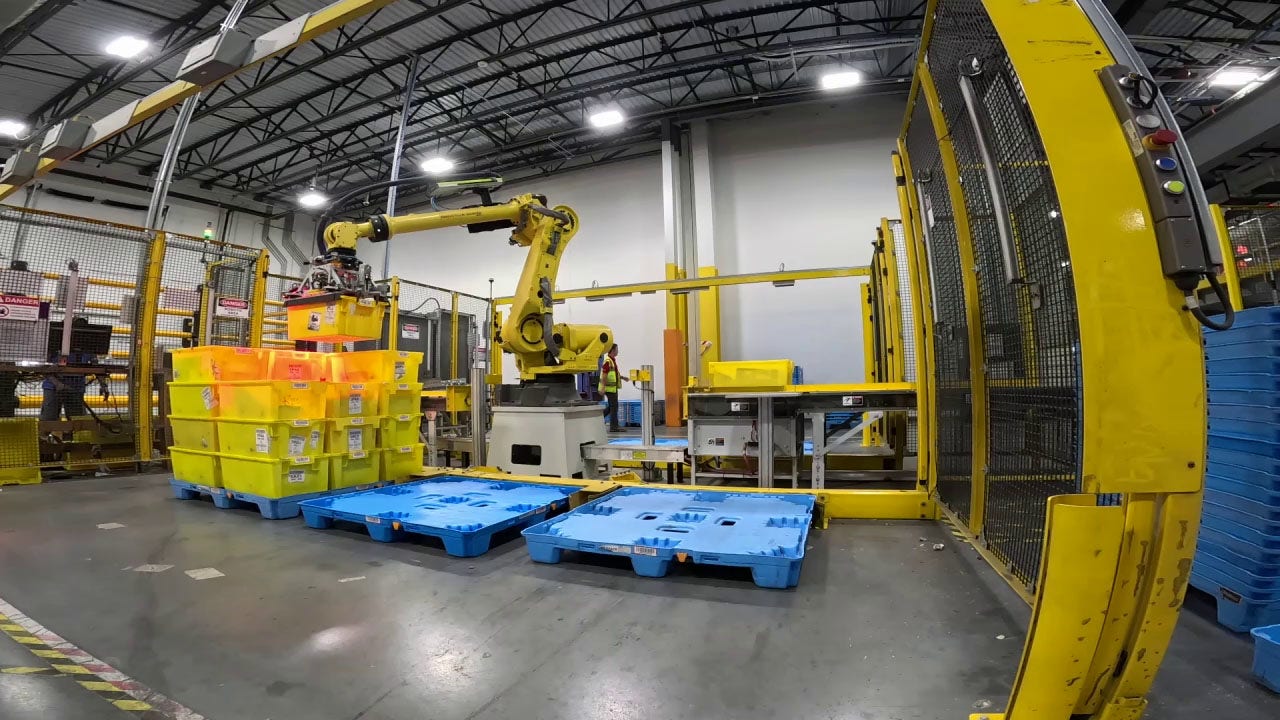China Tightens Grip on EV Battery Tech: New Rules Restrict Overseas Transfers

Beijing is implementing stricter regulations on the export of critical electric vehicle (EV) battery manufacturing technologies. The new rules mandate government licenses for any transfer of these technologies abroad, signaling a significant move to safeguard China's burgeoning leadership in the global EV market. This development has sparked both interest and concern, prompting analysis of its potential impact on international collaborations and the pace of EV technology adoption worldwide.
Why is this happening? For years, China has heavily invested in the EV sector, becoming a dominant force in battery production—a core component of electric vehicles. The country's control over key raw materials like lithium and cobalt, combined with significant manufacturing capacity, gives it a considerable advantage. However, the Chinese government is now clearly prioritizing the protection of its technological advancements, recognizing the strategic importance of this industry.
The New Regulations: What You Need to Know The core of the new policy revolves around the requirement of government approval for any transfer of technology related to EV battery manufacturing. This includes not only the physical transfer of equipment but also the licensing of intellectual property, technical assistance, and even training programs. The regulations are designed to prevent sensitive technologies from falling into the hands of foreign competitors, ensuring China maintains its edge.
Impact on the Global EV Landscape The implications of these restrictions are far-reaching. International collaborations involving Chinese companies in the EV battery space could face increased scrutiny and potential delays. Western automakers and battery manufacturers who rely on Chinese partners for technology or components may need to reassess their strategies. Furthermore, the move could accelerate the development of alternative battery technologies and supply chains outside of China, as companies seek to diversify their sourcing and reduce reliance on a single nation.
Beyond Batteries: A Broader Trend This isn't an isolated incident. It reflects a broader trend of technological protectionism seen across various industries globally. Countries are increasingly seeking to safeguard their strategic technologies, driven by concerns about national security, economic competitiveness, and supply chain resilience. The EV battery sector, given its pivotal role in the transition to sustainable transportation, is a particularly high-stakes battleground.
Looking Ahead: Challenges and Opportunities While these regulations aim to bolster China's position, they also present challenges. Stricter controls could stifle innovation by limiting the exchange of ideas and expertise. Furthermore, they may trigger retaliatory measures from other countries, leading to trade disputes and further fragmentation of the global EV market. However, the move also creates opportunities for other nations to invest in their own EV battery technologies and establish independent supply chains, fostering a more diversified and resilient global ecosystem. The future of EV technology will undoubtedly be shaped by this evolving geopolitical landscape.





